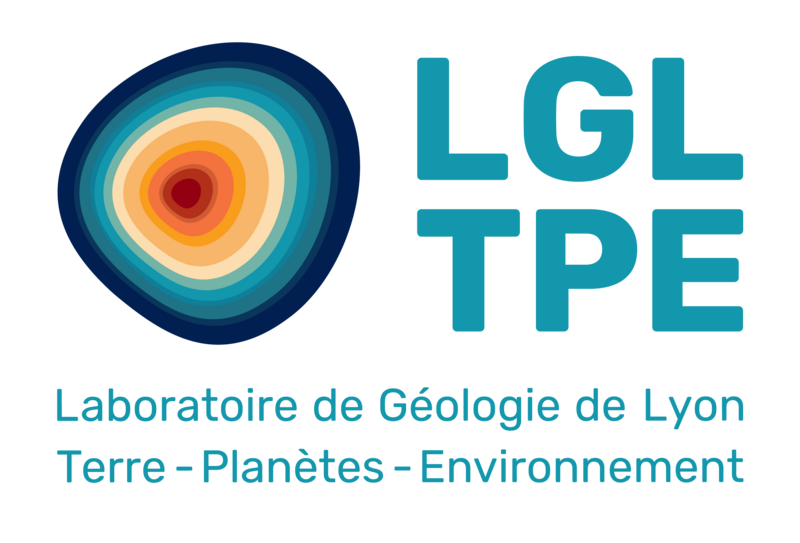
11-12H
ENS, salle des thèses
The ocean plays a central role in the climate system by absorbing excess anthropogenic heat and carbon dioxide. Due to the large ocean stratification, vertical exchanges between the ocean interior and the
surface are limited. Subduction links the ocean surface and its interior and occurs in winter at mid- or high-latitudes, where the mixed layers (MLs) are deep. The stratification is controlled by temperature in subtropical regions (alpha oceans) and salinity in polar regions (beta oceans). In between these two regimes lies the polar transition zone (PTZ), where both temperature and salinity are stabilising. Despite the importance of the alpha-beta distinction, the underlying mechanisms controlling these regimes remained unclear. This work investigates the factors influencing the upper ocean stratification and the deep MLs. Based on idealised numerical simulations and observations, we find that the buoyancy fluxes largely determine the position of the PTZ. By stabilising the water column poleward of the PTZ, buoyancy fluxes inhibit convection, permitting beta-ocean formation. The exact position of the PTZ and the adjacent deep MLs are determined by the competition between the winter buoyancy loss and the strength of the existing stratification. Importantly, the impact of heat flux on buoyancy is scaled by the thermal expansion coefficient (TEC). The TEC is a strong function of the temperature, a property unique to water. This diminishes the buoyancy fluxes over cold waters. We find that the local value of the TEC in the subpolar region is of paramount importance in controlling the winter buoyancy loss and stratification, and thus the position of the PTZ. A larger TEC value would cause the alpha ocean to extend poleward, inhibiting beta-ocean formation. Considering the importance of the beta ocean in sea-ice formation, the Earth's climate is influenced by the TEC values, which are directly linked to the ocean surface temperature. In summary, this work enlightens the central role of the TEC in modulating buoyancy fluxes and thereby controlling the alpha-beta ocean distinction.
More information can be found in my PhD thesis: romaincaneill.fr/phd_thesis
